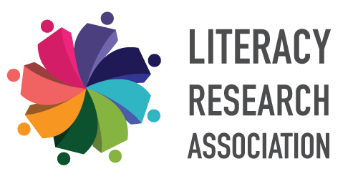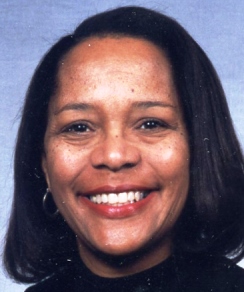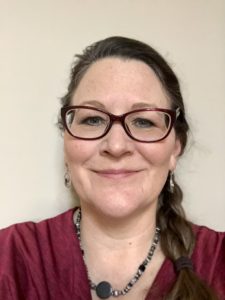
The purpose of the LRA More than a Conference Initiative is to implement innovative ways to strengthen relationships, create a culture of intellectual engagement, develop a supportive community that extends beyond our LRA conference, and increase LRA’s visibility and digital footprint. To this end, we invite standing committees, ICGs, study groups and award committees to submit grant proposals that:
- Support the goals of committees/groups by extending activities between conferences (general meetings are not funded).
- Facilitate mentoring, research, and/or advocacy that aligns with the Strategic Plan.
- Collaborate with other organizations, stakeholders, and partners to strengthen literacy related research and the LRA community (e.g., policies and practices via conversation, written documents, and events).
These grant proposals must also align with the entities’ responsibilities as outlined in the LRA Policy & Procedures Handbook. For example, the Ethics Committee should propose work related to the Ethics Committee’s roles and responsibilities. Award committees should submit proposals specifically related to their awards.
Grant Proposal Information
GRANT AMOUNT
The typical grant award is expected to be between $100-$750, with a maximum grant award of $2500. This year (2022-23), a greater amount may be funded based on need established in the proposal. Collaboration across groups is encouraged.
TIMELINE
Application Deadline: Friday, January 15, 2023
Notification of Grant Awards: Friday, February 17, 2023
Project Implementation: February – November 2023
Final Report Due: On or before Friday, November 17, 2023
CRITERIA
Applications are reviewed on a competitive basis by the LRA Grants & Awards committee. Grant proposals will be evaluated based on:
*Expected impact of the project
*Alignment with the goals of this initiative
*Alignment with the Strategic Plan
*Implementation of the project with timetable
*Project budget
*Collaborative effort across groups
Possible Budget Requests (examples)
- Technology services or equipment directly related to the project.
- Compensation for speakers up to $500.
- Materials, such as books or licenses (e.g., for apps or videos)
- Administrative support, including student support
- Professional services related to the project (e.g., copyediting or graphic design)
Excluded Items
The following are items that will not be considered for funding:
- Video camera, computer hardware, or software not directly related to the project
- Travel
- Compensation for committee members and/or organizers and/or board members
- Committee meeting costs (i.e. food and beverage)
- Compensation for speakers is capped at $500
Evaluation
Grantees will submit a written report (of no more than 500 words) to the LRA Board of Directors at the conclusion of their project, but no later than Friday, November 17, 2023. This report should include a description and evaluation of the project with pictures and videos to share on the website. Grant recipients may be asked to present the summary outcomes of their projects in person at a LRA Board meeting, and/or present the information at a LRA conference.
LRA More than a Conference Grant Proposal Instructions Please use the following guidelines in the development of your grant proposal.
Proposals should be submitted via email to grants@literacyresearchassociation.org.
Proposal must not exceed 1,000 words excluding references and budget. Proposals should be organized according to the following sections and should address each point.
- PROJECT SUMMARY (5 points): Please provide a brief summary of your project, similar to an abstract.
- GOAL(S) OF THE PROJECT (15 points): Please describe the goal(s) for this project, why it is needed and who it serves.
- PROJECT OBJECTIVES & NARRATIVE (30 points): Describe how this project aligns with the goals of the initiative and the LRA Strategic Plan.
- PROJECT PROCEDURE (25 points): Clearly describe how your project will be administered, materials needed and how they will be used, timeline, personnel involved, and other information pertinent to your project.
- EVALUATION (20 points): Please describe how you will determine whether your project is successful, including the measures and methods that will be used.
- ITEMIZED BUDGET (5 points): Please provide an itemized list of anticipated costs with the associated budget amount. This budget should include separate lines for materials, equipment, services, etc. If other funds support this project, include a description and the source.
The committee will review each proposal using the criteria and point system. Proposals deviating from the proposal guidelines will be disqualified.




 The Literacy Research Association welcomes Dr. Allison Skerrett as one of its speakers for the 72
The Literacy Research Association welcomes Dr. Allison Skerrett as one of its speakers for the 72 The Literacy Research Association welcomes Mary B. McVee as one of its speakers for the 72
The Literacy Research Association welcomes Mary B. McVee as one of its speakers for the 72 The Literacy Research Association welcomes Marcus Croom as one of its speakers for the 72
The Literacy Research Association welcomes Marcus Croom as one of its speakers for the 72
